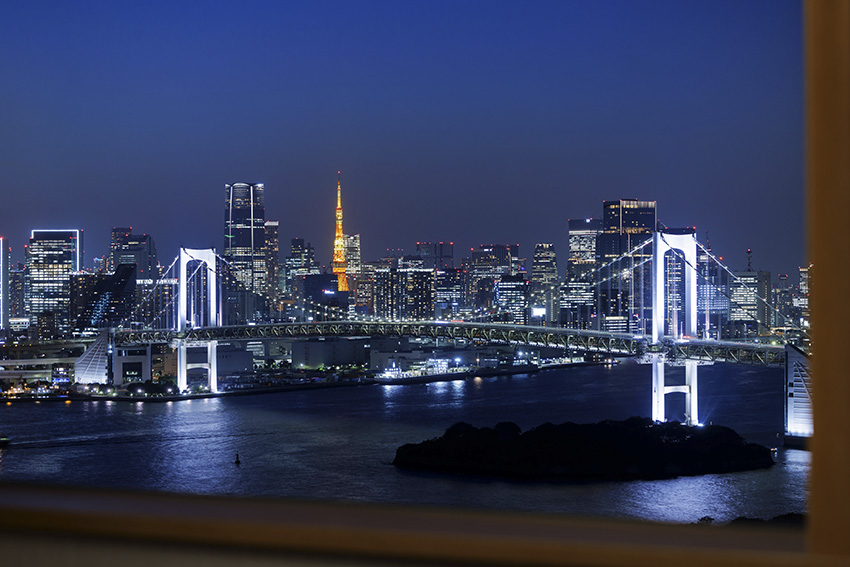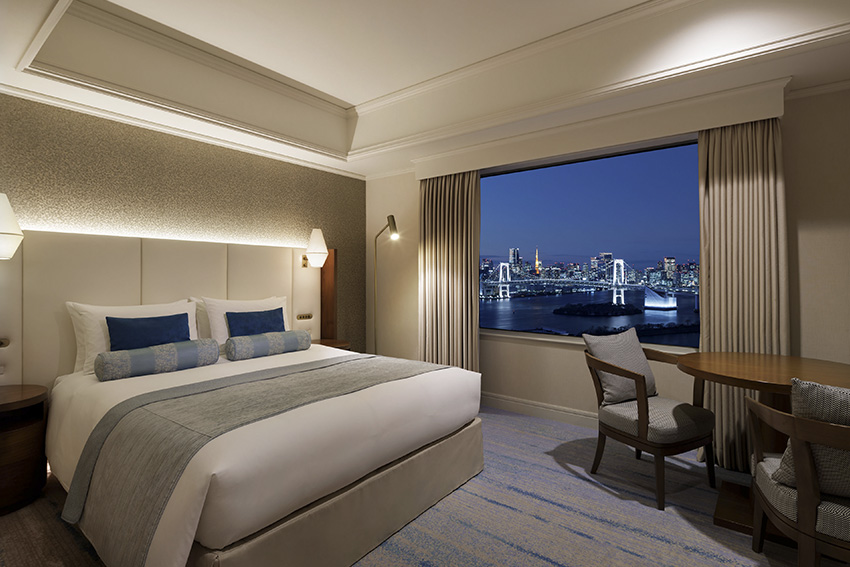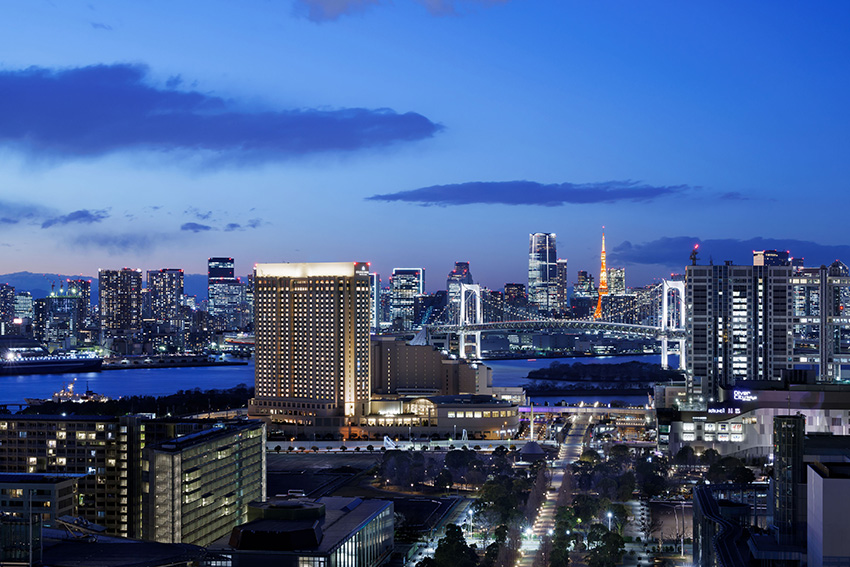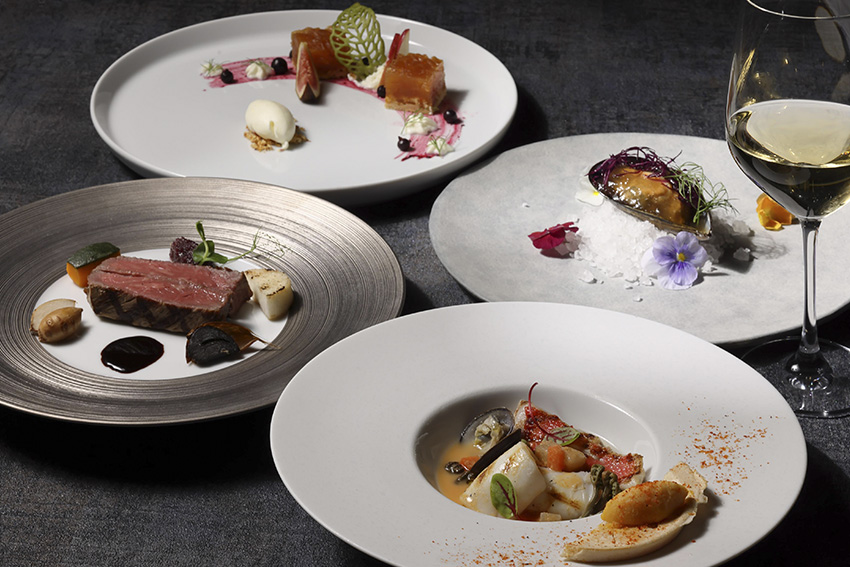Japan has recently experienced remarkable growth in international tourism. Before the pandemic, the number of visitors surpassed 35 million annually, and now the government has set a target of welcoming 60 million visitors by 2030. What do you believe makes Japan such an attractive destination for travelers worldwide?
From a hotel perspective, Japan’s greatest strengths lie in its natural beauty and geographic diversity. Surrounded by mountains and sea, Japan offers dramatically different experiences in each season. For example, Niseko transforms completely from winter to summer, and Mount Fuji presents a changing face throughout the year, creating a uniquely rich experience for travelers.
Japan’s distinctive culture, shaped by its historical isolation during the Edo period, is another draw. Kabuki, kimono traditions, and seasonal festivals provide authentic experiences that cannot be found anywhere else. Safety, cleanliness, and culinary excellence are further hallmarks. In addition to world-famous Japanese cuisine such as sushi and tempura, international cuisine is also offered at high standards. Above all, Japanese hospitality is highly praised worldwide. Current exchange rates further enhance Japan’s appeal as a destination.

View Lounge
Hospitality is often synonymous with the Japanese concept of omotenashi. However, omotenashi can be difficult for international visitors to fully understand, since it is tied to cultural nuances such as “reading the air.” How do you define omotenashi within your hotel, and how do you train your staff to embody it?
At Grand Nikko Tokyo Daiba, we see omotenashi as the delivery of high-quality, consistent service, not merely thoughtful gestures. To guide this, Okura Nikko Hotels has established the Origin-8 action principles, which serve as a common credo across all hotels. We translate these principles into daily practice through initiatives such as the “Good Job” system, where staff recognize and celebrate outstanding service by colleagues. This culture of mutual support naturally translates into genuine smiles and heartfelt service for our guests.
We also prioritize employee satisfaction (ES). Happy employees are the foundation of happy guests. Annual surveys and regular group discussions gather insights from staff, allowing us to continuously improve the work environment. To meet international standards, we conduct Forbes 4-Star training for all staff, covering everything from basic eye contact and personalized greetings to more advanced, guest-specific service techniques. Our goal is for every staff member to consistently deliver exceptional service.
Japan is facing a significant demographic challenge, with a shrinking workforce. How are you addressing staffing needs at such a large hotel, especially in terms of recruitment and the role of technology?
While automation such as self-check-in/check-out improves efficiency, our service is fundamentally human-centered. Talent acquisition is therefore a top priority. We focus on new graduate recruitment, hiring 40–50 annually through social media, internships, and school visits. We also actively recruit international staff. Currently, about 9% of our team is foreign-born, bringing multilingual skills and international perspectives. After language and hospitality training, they contribute significantly to our global-ready workforce, providing comfort and reassurance to international guests.

Guest Room & The Spectacular View
Grand Nikko Tokyo Daiba is often described as a city resort. What makes your property distinctive within Tokyo’s competitive hotel market?
Our signature feature is the unparalleled waterfront panorama, with sweeping views of Tokyo Bay framed by the Rainbow Bridge—an experience you can only have here. Our prime location also stands out: 15 minutes from Haneda Airport and within walking distance of Tokyo Big Sight, making the hotel ideal for both business and leisure. After 28 years, we are now realizing our full potential as a versatile urban resort catering to both international conferences and leisure travelers.

Hotel Exterior
Your property is also known for its wedding facilities, including both a Shinto shrine and a Western-style chapel. With the growing trend of destination weddings, are you seeing more demand from international couples?
Out of roughly 330 weddings annually, only 1–2% involve foreign couples. Wedding customs vary by culture, so most international couples prefer ceremonies in their own style. However, Japanese-style weddings are sometimes chosen by foreign residents inviting family to experience Japanese culture, a trend supported by favorable exchange rates. We see potential for gradual growth in interest over time.
In October last year, ownership of the hotel transitioned to a joint venture between Angelo Gordon and Kenedix. How has this affected operations?
Operationally, nothing has changed. We have always managed the hotel under a lease agreement, and ownership transition to a fund does not affect daily operations. Our team continues to maintain the same high standards for our guests.

Food available at Grand Nikko Tokyo Daiba
Finally, if you could recommend one unique experience at Grand Nikko Tokyo Daiba to international guests, what would it be?
Without a doubt, it is warm interactions with our staff. Our brand values—kindness, precision, and approachable service—are evident throughout the guest experience. Coupled with extraordinary views and a sense of openness, we offer a stay where guests can truly refresh and relax. Ultimately, our goal is to increase the number of guests who say, “I want to come back.” That pursuit of repeat visits drives everything we do every day at Grand Nikko Tokyo Daiba.
For more information, visit their website at: https://www.tokyo.grandnikko.com/eng/

AloJapan.com